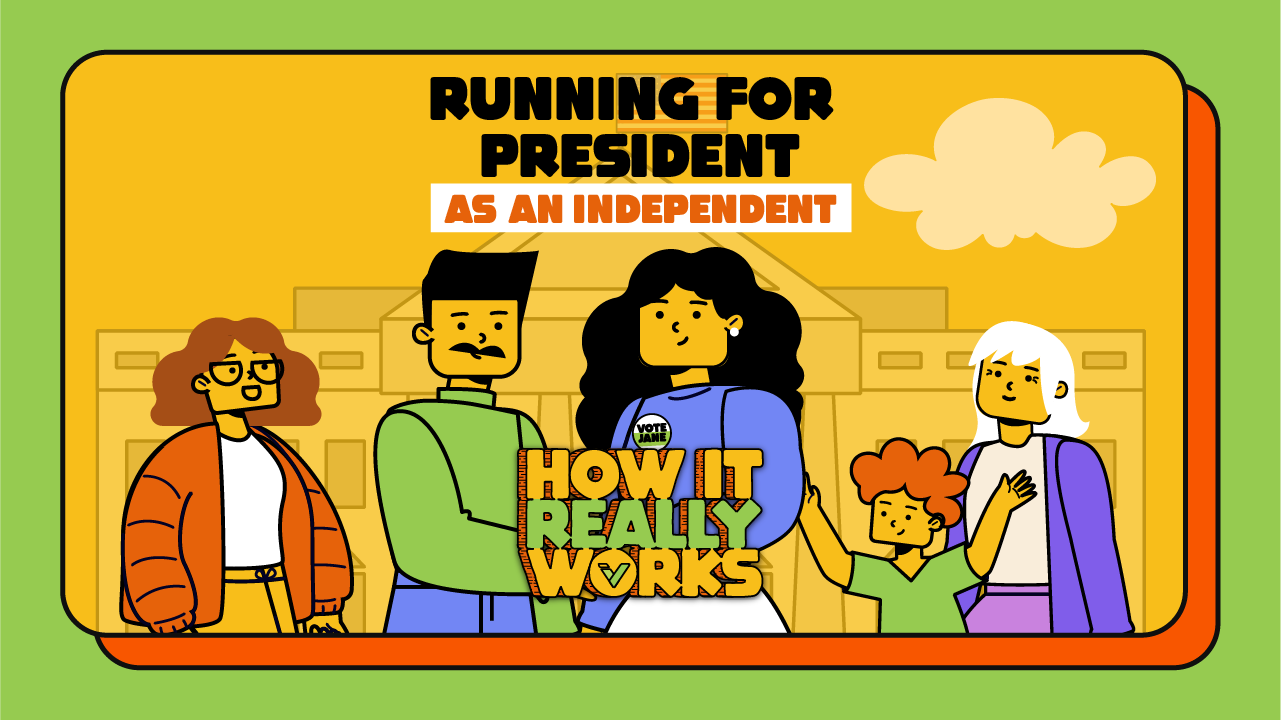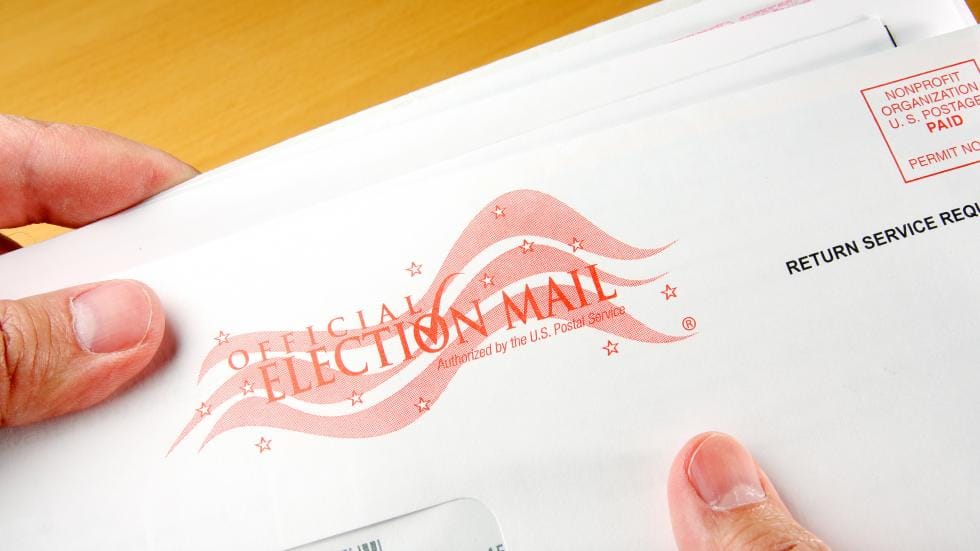Harvard Political Review Headlines Case for Open Primaries

The Harvard Political Review (HPR) is a student-run publication at Harvard University that is widely regarded for high-level, nonpartisan analysis of political developments in the U.S. and abroad. Founded in 1969 by members of the Institute of Politics at Harvard Kennedy School, HPR has been a launchpad for major voices in public service and academia.
On Saturday, the HPR published and headlined a piece titled, "Open up the primaries," by Caleb Masshardt -- which not only makes the case for open primary elections, but refutes the partisan arguments in favor of closing them or keeping them closed to the US's substantial independent voter population.

The piece signals growing mainstream recognition that America’s primary election process -- considered to be the most critical stage in elections -- is broken and needs to be fixed so that independent voters have an equal and meaningful say in who represents their district, state... or the country at-large.
The Problem with Closed Primaries
Masshardt’s piece highlights a reality previously reported on IVN that more than 23.5 million independent voters were locked out of the 2024 primary elections in 22 states due to closed or partially closed systems. These voters — nearly 1-in-4 Americans — had no say in the candidate selection process, even though they swing presidential election outcomes.
Closed primaries not only silence this massive bloc of independent voters, but they also exacerbate political polarization by allowing only party loyalists to shape the ballot. As a result, extreme candidates are more likely to win, while candidates with broader appeal are pushed aside.

Masshardt notes that independents are not just a growing statistical footnote — they are a decisive political force. They are ideologically diverse, politically engaged, and moderate compared to partisan voters. And, they have tracked with the winning candidate in 9 of the last 12 presidential elections.
This means they are a critical voting bloc even as partisan candidates and pundits try to suggest that they are a myth.
Outside presidential contests, most elections for Congress and state legislatures are safe for one party or the other. This means that primary elections are functionally the general election most of the time. Masshardt explains that this makes independent exclusion even more problematic.
The system has left independent voters without a voice.
Debunking the Registration Argument
Masshardt refutes the argument made by opponents to open primaries that if independents want to participate in a primary, they can simply register with a party and then change their registration back to independent. (A lot of hoops to jump through just to express political identity.)
He explains that this misses a couple of critical points.
- Many independents intentionally reject party affiliation for ideological or professional reasons — including concerns over public voter registration data, which can be used to infer political views in a social or professional setting.
- Choosing not to affiliate is itself an expression of political identity, and excluding unaffiliated voters from primaries penalizes that choice.
The Case for Opening Primaries
Masshardt makes a strong case for reform, arguing that open primaries reduce polarization, improve candidate electability, and bring millions of voters into the democratic process. He also points out that there isn't just one solution to consider.
For example, states can adopt partisan open primaries, which allow independent voters to choose a party's ballot. The rules can also be written to ensure registered party members vote in their respective party's primary.
The latter reform was just signed into law in New Mexico.
There are also all candidate primaries -- like California's nonpartisan top-two system or Alaska's top-four model -- which put all candidates, regardless of party, on a single primary ballot and all registered voters can participate.
Regardless of the reform, Masshardt issues a call to action for states that still used closed primary systems. He asserts that while political parties are private entities, primary elections are public functions and are often administered and funded by the state.
He further argues that states have both the legal authority and moral obligation to ensure all voters, including independents, can participate in meaningful parts of the election process. Read the full piece in the Harvard Political Review here.
 Shawn Griffiths
Shawn Griffiths






